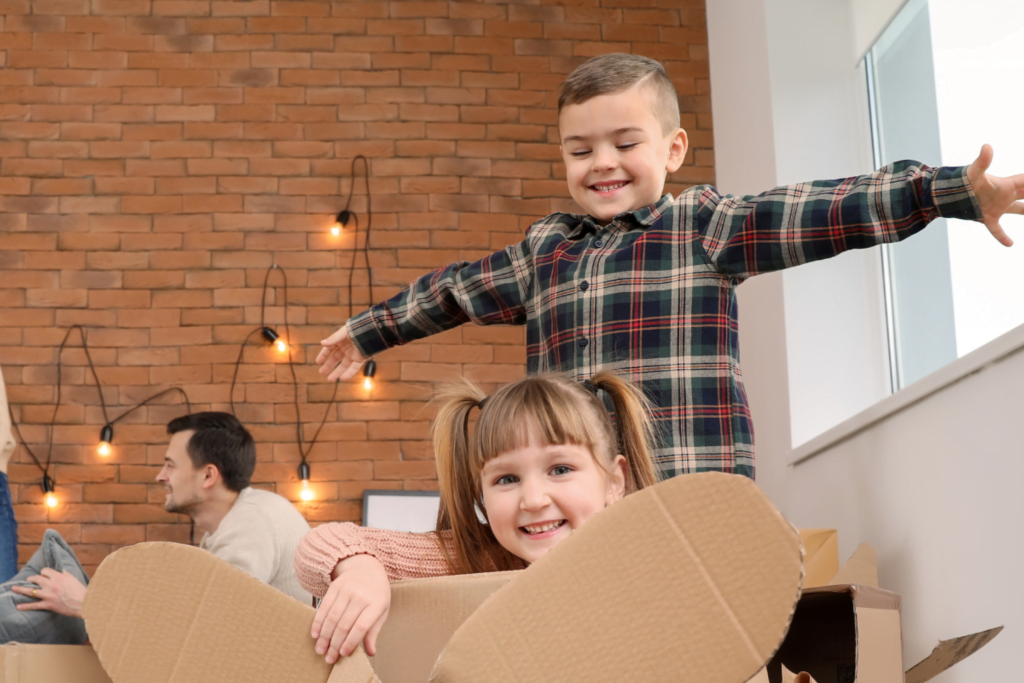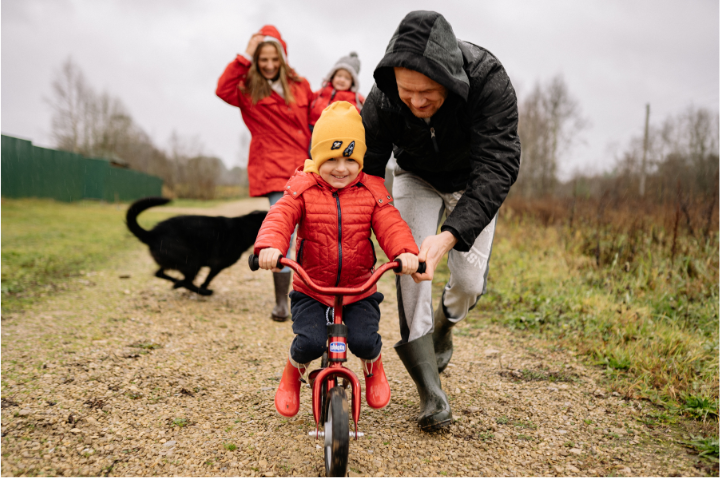Young children, in their earliest years, are remarkably in tune with the world around them, absorbing stimuli from their environment with an unquenchable curiosity. This period of intense sensory engagement is more than mere observation; it’s an active process of internalisation, where every sight, sound, touch, and emotion encountered plays a pivotal role in sculpting their developing emotional intelligence. As they navigate this complex tapestry of experiences, children are not just learning about the world — they are also learning how to understand and manage their own emotions, empathise with others, and develop the foundations of their future interpersonal skills. This dynamic interplay between external stimuli and internal development marks a critical phase in their journey towards emotional maturity and resilience.
When kids ‘act up’ they are simply externalising their thoughts, feelings and emotions based on their previous experiences and their current mind-body interpretation. We’ve put together ways you can support them to encourage positive behavioural patterns in the early years.
Be a Positive Role Model
Children mimic adult behaviours. Demonstrate kindness, patience, and respect in your interactions, and they’ll likely follow suit. Be the best role model and turn up to parenting with kindness, patience and respect.
Your own self reflection
As a parent, your emotional state influences your child. Pause, breathe, and ask yourself how you’re feeling. Responding to yourself with kindness helps regulate your emotions.
Consistency
Maintaining consistent rules and consequences is crucial. This consistency, especially in co-parenting, helps children understand and adapt to expectations.Make sure all role models are approaching behaviour in the same way to avoid mixed messages.
Clear Expectations
Communicate your behavioural expectations clearly and consistently, using simple language suited for their age and development. Consistent expectations together with clear boundaries and consequences will remove any miscommunication which can lead to frustration and confusion.
Routine, routine, routine
Routine is another way to keep a calm environment. When kids know what is happening, they can settle their nervous system. If a change is in the midst, prep them beforehand. Implement a daily routine with set times for meals, sleep, play, and relaxation. This structure helps provide a sense of security and predictability.
Positive Reinforcement
Children love to be praised, it reinforces which direction we as parents like them to work towards and also empowers them with a sense of agency. Acknowledge good behaviour with specific praises, reinforcing their positive actions and encouraging them to continue such behaviour.
Mindful Use of Time-Outs
Time outs can be useful when used effectively so make sure you focus on the learning rather than punishment. Remove your emotion so that you can explain why they are having a time out which also creates an opportunity for reflection and choice moving forward. Use time-outs sparingly and focus on the behaviour, not the child. Explain the reason for a time-out and use it as a learning opportunity.
Redirecting Behaviour
When a child displays unhelpful behaviour, sometimes it could be useful to redirect their attention to a more appropriate activity.
Emotional Expression
Teaching children to express emotions in helpful ways, together with validating those feelings, will assist in emotional management and development of coping tools as they grow older. Use language and tools that help them articulate their feelings and understand them.
Hone Those Problem-Solving Skills
Teaching problem-solving skills through modelling and supporting your child will help them think critically and find solutions and develop resilience. Encourage children to think of solutions to problems by guiding them with questions and respond to their ideas with enthusiasm.
Promote Independence
Giving children a sense of agency in the early years can have a great positive impact. When children start to make their own decisions and take responsibility, they are learning to use higher order thinking skills, consider options and develop resilience. All of this empowers children and supports mental hygiene as they grow.
Model Empathy and Respect
Help children understand and respect the feelings of others. Encourage them to share, take turns, listen and be kind to others. Also, expect this reciprocated.
Patience
Understand that children may not always meet your expectations immediately. Patience is essential in helping them develop positive behaviour patterns.
Balanced Screen Time
Change your mindset about screen time; don’t view it as down time or a pacifier to strong emotions. Balance is key so limit screen time and ensure that the content they consume is age-appropriate and educational.
Embrace Your Own Play
Spend quality time with your child, engaging in activities that nurture your relationships and develop them socially, mentally and emotionally. Play is the best way to explore emotions and behaviour in a fun, motivating and meaningful way.
Coping Mechanisms
Model and explore various coping strategies for managing behaviour, like storytelling, breathing exercises, or outdoor activities. Create a calming space at home for decompression. We all have tools to support how we feel so explore strategies to support unhelpful behaviour for your child and find what works well for them: a hug, a story, belly breathing, a walk or run in the park are all positive tools to support.
Professional Guidance
If concerned about severe behavioural issues, consider consulting your child’s paediatrician for guidance and support.
Individualise Your Approach
Recognise that each child is unique, requiring different approaches. Personalise your parenting to fit each child’s specific needs and temperament. The best investment you can give to your child’s wellbeing is through mind-heart-body led learning where you model, are patient, consistent and offer plenty of love and support as they develop their own positive behaviour patterns.












